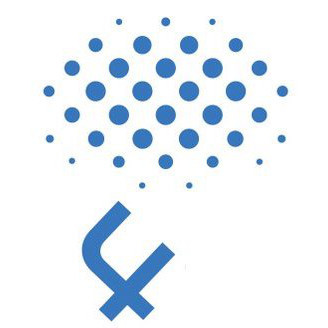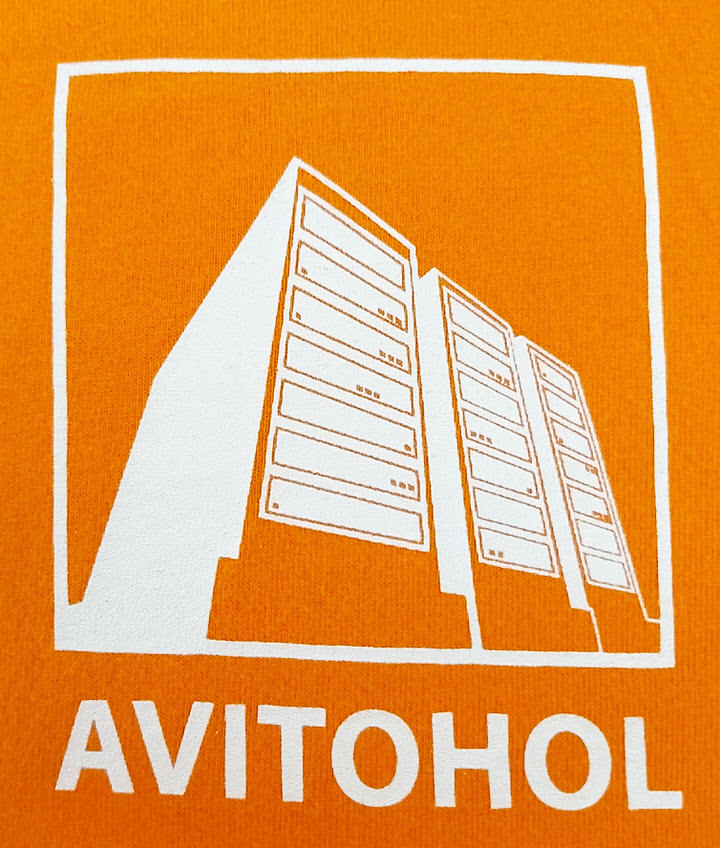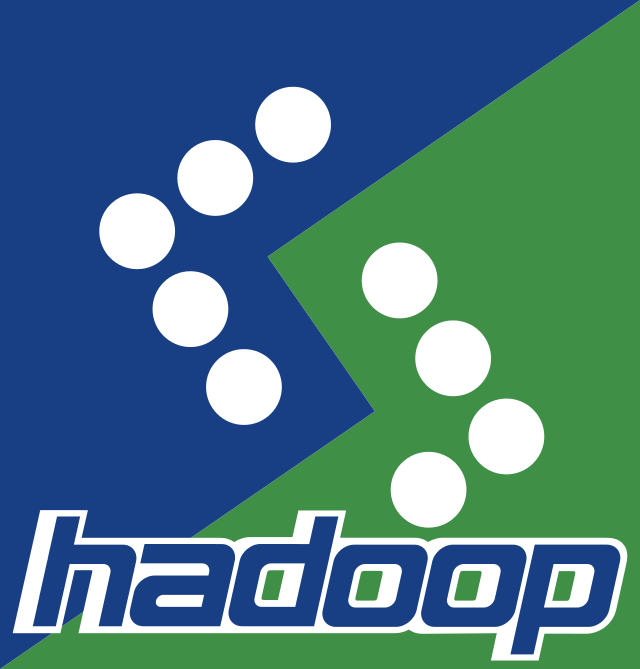For more information about Data Discovery Service please visit the NI4OS-Europe service catalogue.
After completing the course you will:
- Understand the benefits of the service
- Know how to use the service.

- Trainer: Emanouil Atanassov
For more information about Avitohol please visit the NI4OS-Europe service catalogue.

- Trainer: Emanouil Atanassov
For more information about Avitohol Cloud please visit the NI4OS-Europe service catalogue.

- Trainer: Emanouil Atanassov
For more information about SSS please visit the NI4OS-Europe service catalogue and the EOSC Catalogue & Marketplace.
After completing this couse you will:
- be able to understand the functions of the service
- know how to access the service
- be able to manage documents in the Simple Storage Service
- know how to use the service for the collaborative work on documents.

- Trainer: Djordje Trajkovic
Data analysis service or PARADOX Hadoop cluster consists of a single name node that runs the YARN resource manager, and three additional data nodes. The name node is hosted on a machine with 4-core Intel Xeon E3-1220v3 CPU running at 3.1 GHz, with 4 GB of RAM, and 500 GB of local hard disk storage. Each of the data nodes, which perform the computation and storage, are hosted on machines with 24-core Intel Xeon E5-2620 CPUs at 2.4 GHz, with 64 GB of RAM and 2 TB of storage. In total, the cluster provides access to 60 CPU cores, 180 GB of RAM and 5.3 TB of storage in HDFS.
In the analysis of very large datasets, the movement of data can present a far more severe bottleneck than the actual computation. Therefore, the PARADOX Hadoop cluster is designed to overlap computation and data storage operations, i.e., to enable performing of computation on the same machine(s) that store the corresponding data.
For more information about PARADOX Hadoop please visit the NI4OS-Europe service catalogue.

- Trainer: Djordje Trajkovic
PARADOX-IV cluster represents the fourth major upgrade of the PARADOX cluster and became operational during September 2013. The cluster consists of 106 working nodes and 3 service nodes. Working nodes (HP ProLiant SL250s Gen8, 2U height) are configured with two Intel Xeon E5-2670 8-core Sandy Bridge processors, at a frequency of 2.6 GHz and 32 GB of RAM (2 GB per CPU-core). The total number of new processor-cores in the cluster is 1696. Each working node contains an additional GP-GPU card (NVIDIA Tesla M2090) with 6 GB of RAM. With a total of 106 NVIDIA Tesla M2090 graphics cards, PARADOX is a premier computer resource in the wider region, which provides access to a large production GPU cluster and new technology. The peak computing power of PARADOX is 105 TFlops.
For more information about PARADOX-IV please visit the NI4OS-Europe service catalogue and the EOSC Catalogue & Marketplace.
After completing the course, you will:
- have the basic understanding of high performance computing services in general,
- know the main characteristics of the service,
- know how to access the service,
- be familiar with the main modules and functions of the service.

- Trainer: Djordje Trajkovic
RePol – Repository Policy Generator is an open-source web application that guides users through the process of defining policies for repositories and web-based services. It helps in defining and maintaining comprehensive and clear repository and privacy policies. Generated privacy policies are suitable for any kind of service. RePol uses a step-by-step wizard and self-explanatory forms to guide users through the process. By choosing options in a form, users shape a policy document with predefined policy clauses formulated in line with the current best practice. The resulting policy document may be downloaded as an XML file, additionally customized, and integrated into the service or repository. The collected data and the key elements of the generated policy are provided in a machine-readable format. This allows for an automated interpretation of created policies and extraction of repository-level metadata for inclusion in registries, catalogues and various operational and data discovery tools. The resulting policy document may be downloaded, additionally edited, and integrated into a repository.
After completing this course you will:
- understand the benefits of the service,
- be familiar with the main workflows,
- be able to generate a policy,
- be able to update an existing policy.

- Trainer: Branko Marovic
- Trainer: Milica Sevkusic
Data archiving is the practice of moving data that is no longer being used or are being used on a less frequent fashion into a separate storage device. It is a single set or a collection of historical records specifically selected for long term retention and future reference. The Archival service is based on the tape-based tertiary storage of the ARIS HPC system.

- Trainer: GRNET's HPC team
NI4OS-Europe has developed RoLECT tool in order to assist prospective resource providers in verifying adherence to the RoP during the onboarding process of resources to the EOSC ecosystem focusing on the Legal and Ethics Requirements.
After completing this course you will be able to:
- Understand the benefits of the service,
- Know how to use the service,
- Perform the most common tasks using the service.

- Trainer: Electra Sifakaki
Self-paced course that introduces you to the GRNET High Performance Computing Services - ARIS.
For more details on the service please visit the NI4OS-Europe service catalogue and the EOSC Catalogue & Marketplace.
After completing the course, you will:
- have the basic understanding of high performance computing services in general,
- know the main characteristics of the service,
- be familiar with the main modules and functions of the service.

- Trainer: GRNET's HPC team
- be able to explain the benefits of the service,
- be familiar with the common workflows,
- know how to use the service.

- Trainer: Kalliopi Kanavou
Training for the use of FINKI Cloud - an OpenStack based IaaS service
After completing this course you will:
- understand the benefits of the FINKI could,
- know how to manage virtual machines in the FINKI cloud,
- have the basic knowledge about network security.

- Trainer: Vojdan KJorveziroski